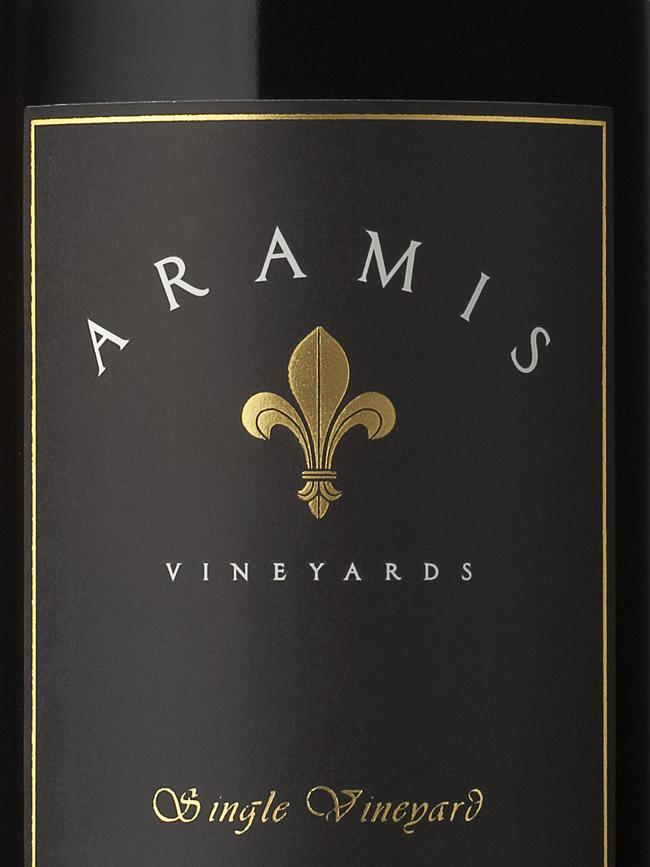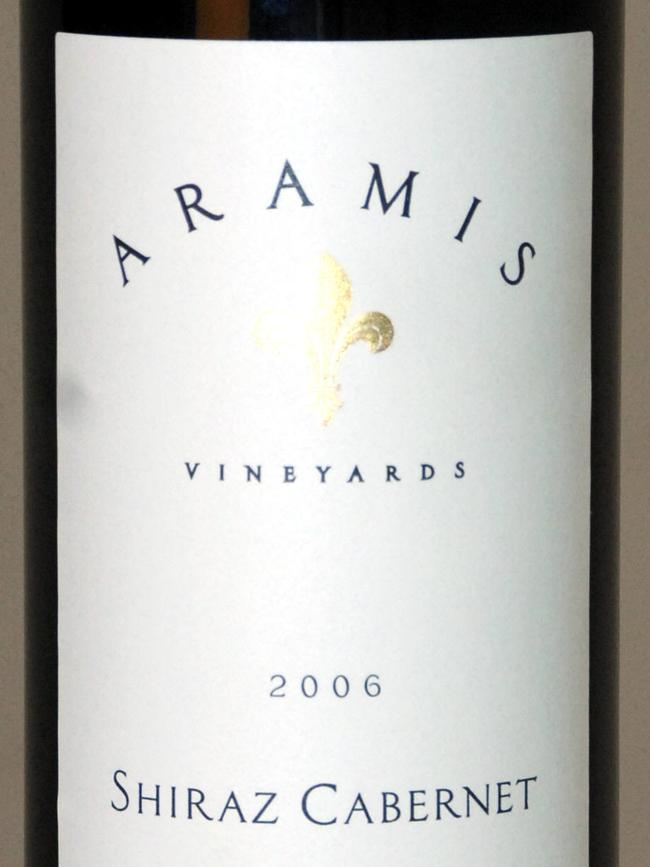Aramis Vineyards sues Fleurieu Vitners Pty Ltd over ‘wrongful blending’ of grapes for 2014 Black Label and White Label vintages
A vineyard has accused a winemaker of blending lower-quality grapes into its top-shelf product, costing it $150,000 – but the winemaker says the entire harvest had “fundamental problems”.
Police & Courts
Don't miss out on the headlines from Police & Courts. Followed categories will be added to My News.
A McLaren Vale vineyard has filed a $150,000 lawsuit against a winemaker, alleging he “wrongfully blended” lower-quality grapes into their top shelf cabernet sauvignon.
Aramis Vineyards, established in 1998, has asked the District Court to order Fleurieu Vitners pay damages over the 2014 vintage of its Black Label and White Label brands.
It asserts a winemaker employed by Fleurieu fundamentally breached their longstanding agreement by storing and blending lower-quality grapes with high-quality fruit and juice.
The vintners have denied any wrongdoing, however, have denied any wrongdoing, asserting the employed winemaker did the best he could with a poor crop not fit for Black Label bottling.
In a pre-trial judgment published online, Judge Paul Slattery says the dispute has been ongoing since 2017.
He says Aramis asserts Fleurieu was required to select grapes from its vineyards and determine which would be used for Black Label and which for White.
The chosen grapes, the vineyard assert, were to be “fermented in different fermenters” and stored “in oak barrels separately” for 12 to 14 months before bottling.


“Aramis alleges, that in the processing of the 2014 grapes, there was a wrongful blending and storage together of the wine derived from the Black Label and White Label grapes,” he says.
“The juice was combined into one fermenter (and) was all fermented together rather than being put into separate fermenters and the wine was stored in one tank rather than separately.”
Judge Slattery says Aramis asserts it was unable to “salvage” the juice because Fleurieu “failed” to alert the vineyard “of what it had done until 10 months after these events”.
He says Fleurieu, in response, asserts the 2014 vintage “suffered fundamental problems with growing conditions”.
“It alleges (the employed winemaker) had a broad scope of authority (and) it was his professional call whether (the harvest) achieved a particular and sufficient standard for Black Label,” he says.
Fleurieu further asserts Aramis suffered no loss or damage, and that none of its 2014 harvest was fit for Black Label.
“It pleads that the cabernet sauvignon grapes on the Hillside block and Bottom block were of equal quality,” he says.
“(It asserts) neither was of sufficient quality to produce the wine known as the higher quality Black Label wine.
“As a result, the respondent has produced a wine to the highest quality that could reasonably be produced using those grapes.”
The matter is scheduled for trial in November.

